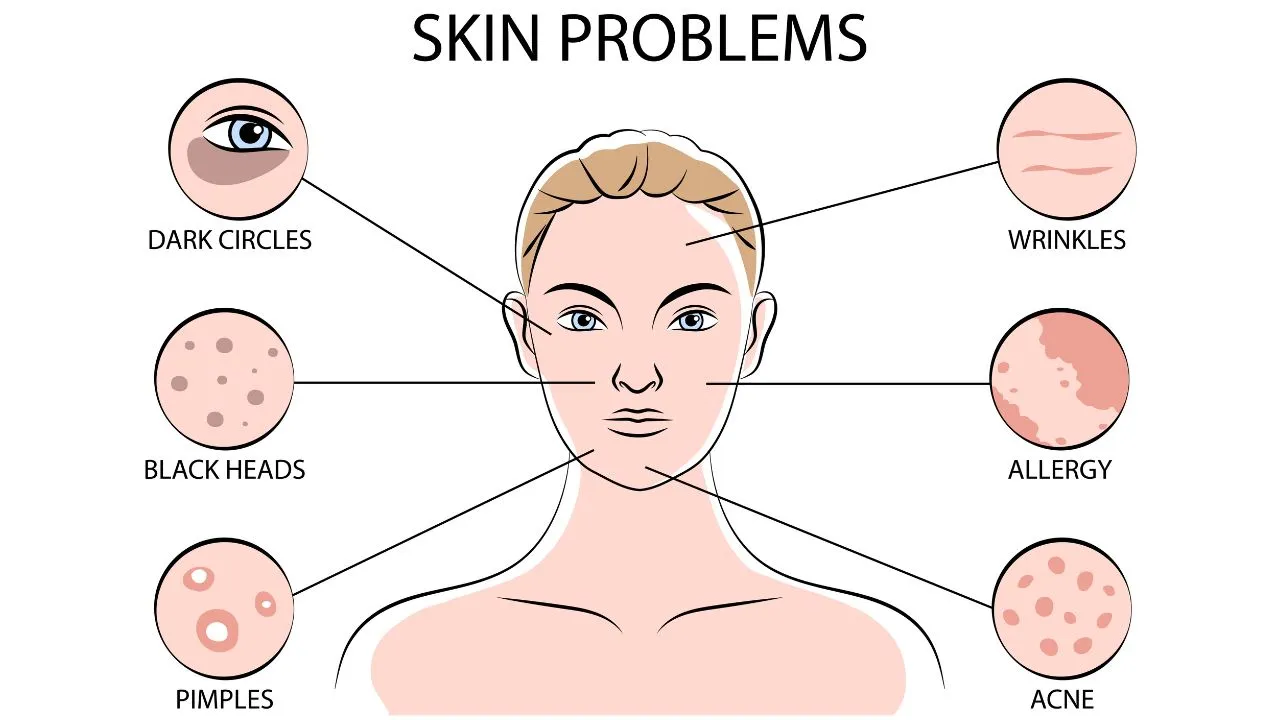Recognizing the Function of Mohs Surgical Treatment in Treating Skin Cancer Cells: A Comprehensive Overview to Dermatology
As skin cancer continues to be a pervasive health and wellness problem globally, innovative treatment techniques like Mohs surgical procedure are acquiring prominence in dermatology - hair loss. This surgical technique's accuracy and high cure prices make it a standout in treating details types of skin cancer cells, particularly basal cell and squamous cell carcinomas. The following conversation will give an extensive understanding of Mohs surgery, its treatment, and the duty it plays in skin cancer treatment, inviting the visitors to explore its benefits and post-operative treatment
What Is Skin Cancer Cells: Types and Occurrence

Revealing Mohs Surgical Procedure: A Detailed Review
Offered the worrying boost in skin cancer cells cases, particularly melanoma, the medical community has developed different techniques to combat this disease. One such method is Mohs surgical treatment, named after Frederic E (chemical peel). Mohs, the doctor that presented it. This surgical technique is designed to get rid of skin cancer layer by layer, taking a look at each layer for cancer cells until just cancer-free tissue stays. Mohs surgical treatment is particularly reliable for dealing with basic cell cancer and squamous cell carcinoma, the most common forms of skin cancer cells. It is renowned for its high treatment prices, typically going beyond 98%. Additionally, the procedure is notable for its precision, as it intends to preserve as much healthy and balanced skin as possible. This makes it a suitable therapy choice for cancers in cosmetically and functionally important locations.

The Procedure of Mohs Surgery: Step-by-Step Failure
Without a doubt, comprehending the treatment of Mohs surgical treatment can aid debunk this effective tool in the fight against skin cancer cells. The procedure begins with the removal of noticeable malignant cells. The specialist then draws out a thin layer of extra tissue and analyzes it under a microscopic lense. try this web-site This step sets apart Mohs surgical procedure from conventional techniques, go to this web-site as it enables for instant and extensive inspection of the extracted tissue. If cancer cells are identified, the specialist removes one more layer from the same area and repeats the examination. This cycle continues up until say goodbye to cancer cells are found, guaranteeing the complete browse around this web-site elimination of the disease while protecting as much healthy skin as feasible. The injury is then shut and the patient starts the recovery procedure.
Advantages of Mohs Surgery Over Conventional Approaches
Mohs surgery decreases the danger of considerable scarring, a vital consideration provided the frequently visible location of skin cancers cells. It offers the advantage of prompt confirmation of full cancer removal, minimizing individual anxiousness. While even more complicated, Mohs surgical procedure is typically a much more efficient and patient-friendly strategy to treating skin cancer than traditional techniques.

Post-Operative Care and Healing in Mohs Surgical Procedure
Post-surgery, the injury might be left open to heal naturally, sewed up directly, or covered using skin from one more location of the individual's body. The choice depends on the size and area of the eliminated skin cancer. Routine follow-up consultations guarantee ideal recovery and catch potential indicators of cancer reappearance early.
Verdict
Mohs surgery is an extremely specific and efficient method for treating skin cancer, specifically basal cell and squamous cell carcinomas. With its distinct layer-by-layer elimination procedure and immediate tiny assessment, it makes certain full cancer cells eradication while sparing healthy skin. This makes it especially useful for treating cancers in cosmetically sensitive areas. Post-operation treatment and recuperation are additionally workable, more strengthening Mohs surgical procedure's role as an innovative method in skin-related cancer therapy.